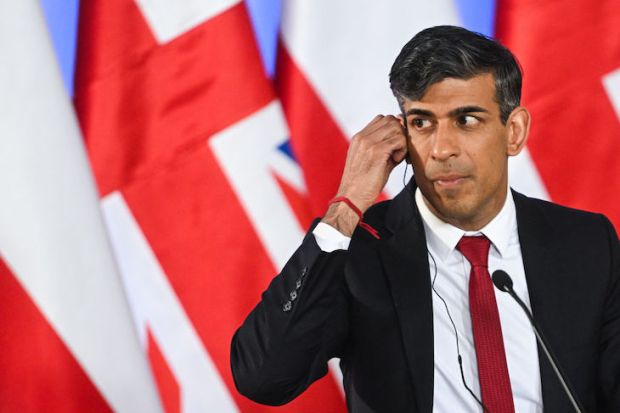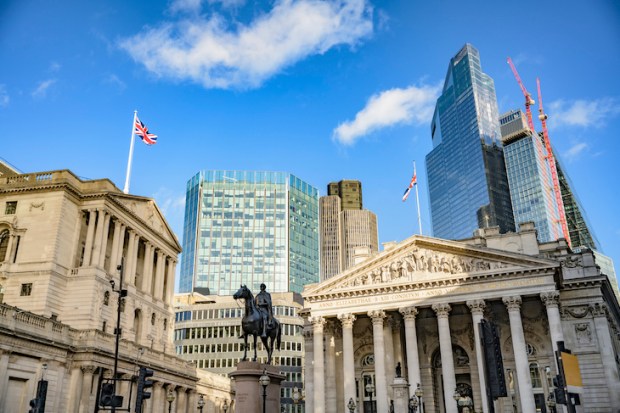The United States is growing at such a blistering pace the Federal Reserve may have to raise interest rates. In Britain, retail sales grew by nine per cent this month, the fastest pace on record, as the economy opened up again. Around the world, economies are starting to bounce back strongly from the Covid-19 crisis. Except for one: France. We learned today that the country is now officially in a double-dip recession. The explanation? That is easy. It made a complete hash of its vaccination programme.
In the first-quarter of this year, revised figures showed that France’s output shrank by 0.1 per cent. That followed a 1.5 per cent contraction in the final quarter of 2020, making two consecutive quarters of falling output, the standard definition of a recession. That was driven by an 8.3 per cent fall in household spending – hardly surprising since nothing was open.
‘The main message from today’s data still is that 2021 GDP forecasts likely will have to be revised down, and that the slowdown at the start of Q2 was fiercer than initially anticipated,’ argued Pantheon Macroeconomics in a note.
It is not hard to work out what has gone wrong. France relied on the EU to source vaccines for the country, but that was painfully slow. The shots were not approved quickly enough, and not enough had been bought. Even worse, the government sowed doubts in an already sceptical population by constantly changing its mind about the safety of the AstraZeneca jab.
Of course, in fairness, France has largely fixed the vaccination issue, and is now getting jabs into people’s arms at the same rate as the UK or Germany. But it lost a crucial three months along the way. On top of that, Britain’s departure from the EU hasn’t helped. There has been a significant drop in cross-Channel trade, and while that has hit the UK, it has, of course, hit France as well. The cost of that in lost output is now becoming painfully apparent.
In fact, a double dip recession, especially one that is largely self-inflicted, is the last thing president Macron needs right now. There are two big problems.
First, France can’t really afford it. No one has been paying too much attention to debt levels over the last year, mainly because every government has been borrowing money on an unprecedented scale, but on some measures France has overtaken Italy as the third largest debtor in the world (measured by the total amount owed). More than half of that 2.67 trillion euros (£2.3 trillion) of debt, or 115 per cent of GDP, is owed internationally, unlike Italian debt. For now, the European Central Bank is willing to buy all that with freshly printed money. And yet, at some point, higher and higher debt levels for a smaller and smaller economy are going to be a problem. It is just a question of when.
Next, Macron already faces a tricky presidential election in April next year, only ten months away. The polls show him beating his likely run-off challenger Marine Le Pen. But not by a huge margin. There will be a few percentage points in it. A recession is hardly going to help a politician whose main claim to office is technocratic brilliance. He could really use some growth right now – but it does not look as if that is going to happen.
Got something to add? Join the discussion and comment below.
Get 10 issues for just $10
Subscribe to The Spectator Australia today for the next 10 magazine issues, plus full online access, for just $10.





















Comments
Don't miss out
Join the conversation with other Spectator Australia readers. Subscribe to leave a comment.
SUBSCRIBEAlready a subscriber? Log in